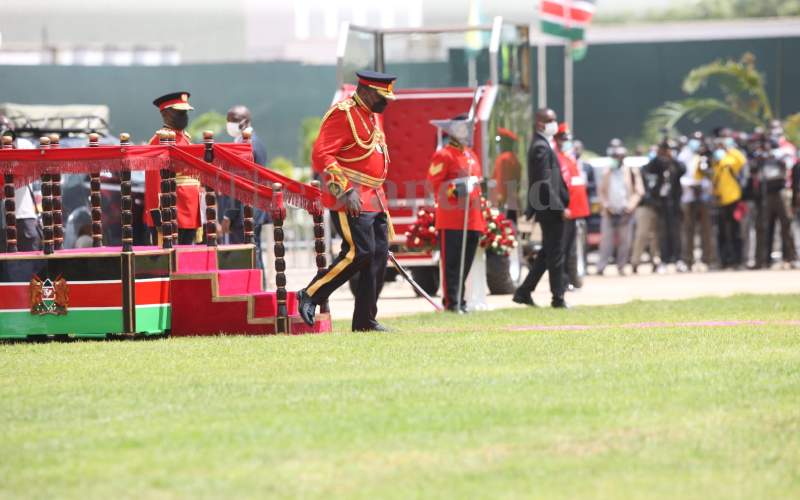×
The Standard e-Paper
Home To Bold Columnists
Speech by his excellency Hon. Uhuru Kenyatta, C.G.H., President of the Republic of Kenya and Commander-In-Chief of the Defence Forces during the Jamhuri Day celebrations on December 2021.

Leaders from across the entire spectrum of our nation, members of the diplomatic corps, ladies and gentlemen, fellow Kenyans, happy Jamhuri Day!